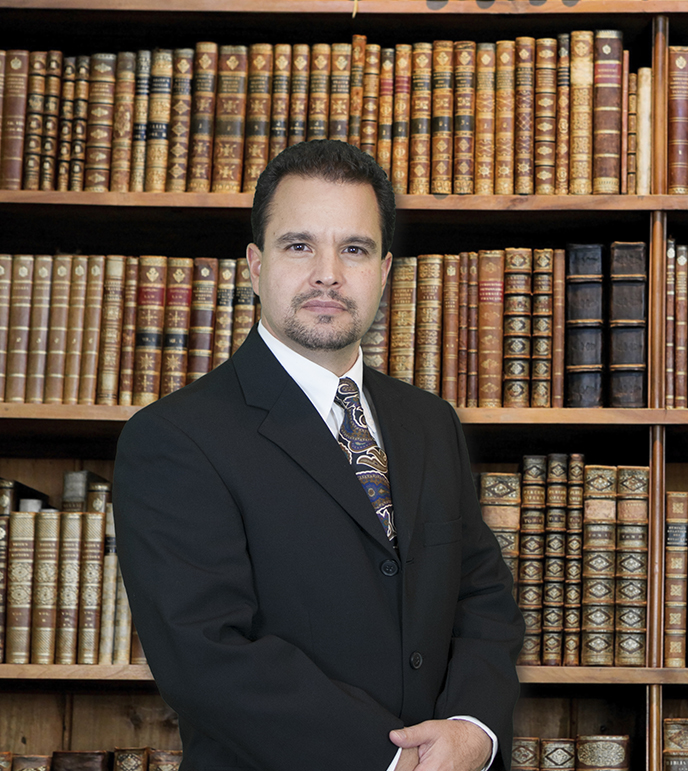

Probate is the official process to settle the estate of someone that has died. The probate process will vary depending on the type of estate plan the decedent had in place at the time of their death. The most simple probate proceeding would involve probating a will. This process would begin by the attorney filing an application to probate the will along with the original will. The court will appoint an executor and the estate is then started. If someone dies without a will, the process is more complex because generally the court will need to determine the heirs of the deceased.
The court will then appoint an administrator and the process will begin. Not all estates or assets need to be probated or may not be subject to probate. An estate that consists of only non-probate assets does not need to be probated. Also, certain small estates that are below a statutory amount can avoid full probate administration. Non-probate assets that can include bank, retirement or brokerage accounts that have right of survivorship and that are payable on death or transfer on death designations. Certain retirement accounts or life insurance policies will have a beneficiary named and that beneficiary is entitled to receive the funds in the account or proceeds from the life insurance outside of probate. Certain deeds, such as” transfer on death deed” or “lady bird” deeds transfer title to real property outside of probate. Trusts are used to transfer assets outside of probate. The probate lawyers at Carroll & Hinojosa, PLLC can help you navigate through the process and advise on the best course of action to take given the facts and circumstances in your situation.

Mr. Carroll has been licensed since 1996. He is a graduate of Western Michigan University Cooley Law School.

Mr. Hinojosa has been licensed since 1996. He is a graduate of The University of Texas School of Law.
The attorneys at the Law Offices of Carroll & Hinojosa, PLLC will prepare all the documentation needed to start the probate process and then all the documentation needed to complete the process. The Executor will provide the requested information and our lawyers will draft all the necessary documents.
The process to probate a will begins with an Application to Probate the Will and request issuance of Letters Testamentary (Application). The Application is typically filed with the county clerk of the county where the deceased resided at the time of death. Usually an executor is named in the will and the executor is the one who files the Application requesting that the court admit the will to probate. An “interested person” which by Texas Estates Code includes heirs, spouses, devisees, creditors and anyone else having a claim against the estate may file for probate or an administration.
When the Application has been filed with the county clerk, the clerk will post citation (official notice) with a return date to all parties that have an interest in the estate. The court will hold a hearing to probate the will after the return date posted by the clerk’s office.
At the hearing to probate the will, the executor presents proof to the court concerning the decedent’s death and the will. The court determines if the will should be admitted. If admitted to probate, the court will issue an order that probates the will and appoints the executor. The executor is required to take an oath stating that he or she will perform his duties as the executor.
The Executor is then issued Letters Testamentary which allows the Executor to act on behalf of the Estate. The Executor then must provide Notice of Beneficiaries and file an affidavit with the court stating it was done, both within a prescribe time period. The Executor must also file Notice of Creditors to unsecured creditors by publication and to secured creditors by certified mail.
Within ninety (90) days after the date of the order admitting the will to probate, the executor must file a complete inventory of the estate and file it with the court. The inventory will list all the claims owed to the estate, all the real estate in Texas and all the personal property regardless where it is located that is part of the estate. The executor must pay taxes and proper claims of creditors against the estate.
Once you have gathered the assets of the estate, paid all debts and taxes, and determined who is entitled to the remaining property, you are ready to close the estate with the assistance of your attorney.
If the Will does not provide for an independent administration, if an independent administration is not advisable based on your circumstances, or if the heirs do not agree (or cannot agree due to age or incapacity) to an independent administration, the Court will order a dependent administration.
A Dependent Administration almost always requires that the Administrator obtain a bond, in an amount determined by the Court. Dependent administrations allow limited actions by the Administrator without court approval. For example, if the Administrator wants to liquidate property in the estate, like a house or vehicle, the Administrator will have to file an Application to Sale Property with the Court and then file a Report of Sale, with the specific terms of the sale, which is subject the court’s approval. Administrators in dependent administrations are required to file annual accountings with the Court, detailing all the receipts and disbursements of the estate. After a dependent estate is fully administered, the Administrator must file an application to officially close out the estate. Dependent administrations are generally more expensive due to the continued court involvement, but are necessary or advisable in some situations. For example, if someone died without a will and there is a minor child involved, the courts will nearly always require a dependent administrations. If there is fighting and dissension among the heirs or beneficiaries under a will, dependent administrations may be required, but may give the personal representative the reassurance that the Court will be approving their actions. Dependent administrations can also be helpful in cases with lots of unsecured debts, because of the formal claims process. If a creditor does not submit a claim correctly, or if it is now allowed by the Court, the dependent administrator may not have to pay the claim.
Probate as a muniment of title is a probate proceeding where the Court reviews the Will and admits it to probate (gives it effect), but does not appoint an executor or administrator to be in charge of the Estate. Probate as a muniment of title is helpful when there is only one devisee or no more than a few devisees under the will and the estate assets are easily identifiable and do not need to be “dealt” with. If there are assets that need to be “dealt” with, no one is in charge if you probate as a muniment of title. For example, you may need to sale and liquidate a car. All of the beneficiaries under the will would need to agree and sign documents. If you have an insurance claim pending on a house, there will not be a designated representative (executor or administrator) to talk to an insurance company. You cannot probate as a muniment of title if there are unsecured debts in the Estate. Probate as a muniment of title only works in limited circumstances, but if it is the right probate proceeding for you, it can save money and time!
If a person passes away without a will, the Texas Estates Code determines the decedent’s legal heirs and how the property is split. How property is split depends on whether it was community property or separate property and whether the person that passed away is married, has children with his/her spouse, has children from a prior relationship, has living parents, has living siblings, etc. We cannot advise our clients enough to talk to an attorney about how property passes in your case. Family, friends, and neighbors will say: “it all goes to the spouse or it all goes to the kids.” These things simply may not be true in your case.
There are three main options when someone passes away without a will to determine the heirs: